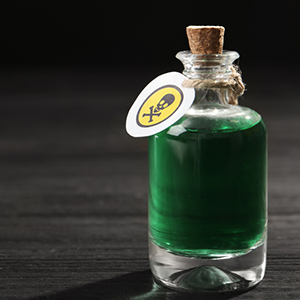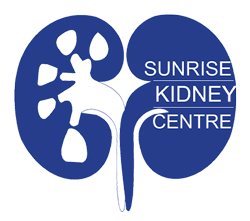Poison Kidney failure treatment in Vijayawada
Poisoning occurs when toxic substances interfere with the body’s normal physiological functions, leading to harmful effects. These substances can enter the body through various routes: ingestion (swallowing toxic chemicals or contaminated food), inhalation (breathing in toxic gases or vapors), skin contact (absorption through the skin), or injection. Once inside the body, poisons can disrupt cellular processes, impair organ function, or cause chemical imbalances. The effects of poisoning depend on several factors, including the type and amount of poison, the duration of exposure, and the individual’s health and susceptibility. Common sources of poisoning include household chemicals, medications, plants, certain foods, and industrial substances. In many cases, quick recognition of symptoms—such as nausea, vomiting, difficulty breathing, and confusion—can lead to prompt medical intervention, which is crucial for reducing the severity of toxicity. Treatment may involve decontamination, administration of antidotes, or supportive care to stabilize vital functions.

How does poisoning affects the kidneys ?
Poisoning can have severe detrimental effects on the kidneys, which are vital for filtering waste and maintaining fluid and electrolyte balance in the body. Various toxic substances, including heavy metals (like lead and mercury), certain medications (such as nonsteroidal anti-inflammatory drugs), and environmental toxins (like ethylene glycol), can cause acute kidney injury (AKI) or chronic kidney disease (CKD). When the kidneys are exposed to these poisons, they can become inflamed and damaged, leading to impaired filtration and the accumulation of toxins in the bloodstream. This can result in symptoms such as reduced urine output, swelling due to fluid retention, electrolyte imbalances, and increased blood pressure. In some cases, exposure may lead to tubular necrosis, a condition where the cells in the kidney tubules die, further exacerbating kidney dysfunction. Long-term exposure to certain toxins may lead to irreversible kidney damage, increasing the risk of end-stage renal disease, which may require dialysis or kidney transplantation. Prompt identification and Best treatment for kidney failure in Vijayawada are crucial to minimizing kidney damage and improving outcomes, underscoring the importance of awareness and education regarding toxic substances and their potential health impacts.
Can kidney issues be prevented after poisoning ?
Preventing kidney issues after poisoning largely depends on the type and severity of the poisoning, as well as the timeliness and effectiveness of medical intervention. When someone experiences poisoning, immediate medical attention is crucial; treatments may include the administration of antidotes, activated charcoal, or other methods to remove toxins from the body. Early treatment can significantly reduce the risk of kidney damage. Hydration plays a key role in kidney health, as increased fluid intake helps flush out toxins. Additionally, monitoring kidney function through regular check-ups can help detect any early signs of damage. Maintaining a healthy lifestyle, including a balanced diet and avoiding substances that put stress on the kidneys, can further support kidney health after exposure to toxins. Engaging Best kidney doctors in Vijayawada for tailored advice and potential follow-up treatments is essential in managing kidney health post-exposure. Therefore, while complete prevention may not be guaranteed, timely intervention, supportive care, and lifestyle adjustments can help mitigate risks.
Identifying symptoms of kidney disease due to poisoning
- • Decreased Urine Output: Noticeable reduction in the amount of urine produced.
- • Swelling: Accumulation of fluids can lead to edema, particularly in the legs and ankles.
- • Fatigue: Increased tiredness and weakness due to the kidneys' compromised function.
- • Nausea and Vomiting: Gastrointestinal distress can occur as a response to toxins affecting kidney function.
- • Back Pain: Pain may arise in the lower back where the kidneys are located.
- • Altered Mental Status: Confusion or decreased alertness due to toxins affecting the brain.
- • High Blood Pressure: Kidney damage can lead to increased blood pressure levels.
- • Anemia: Reduced production of erythropoietin can result in low red blood cell counts.
- • Changes in Urine Color: Urine may appear dark or contain blood due to kidney damage.
- • Itchy Skin: Accumulation of waste products in the blood can cause skin irritation.
It is essential to get an immediate check up done by specialist to know how to prevent damage to your kidneys due to poisoning. Walk in to visit Dr. M.V. Sai Krishna to know more.

